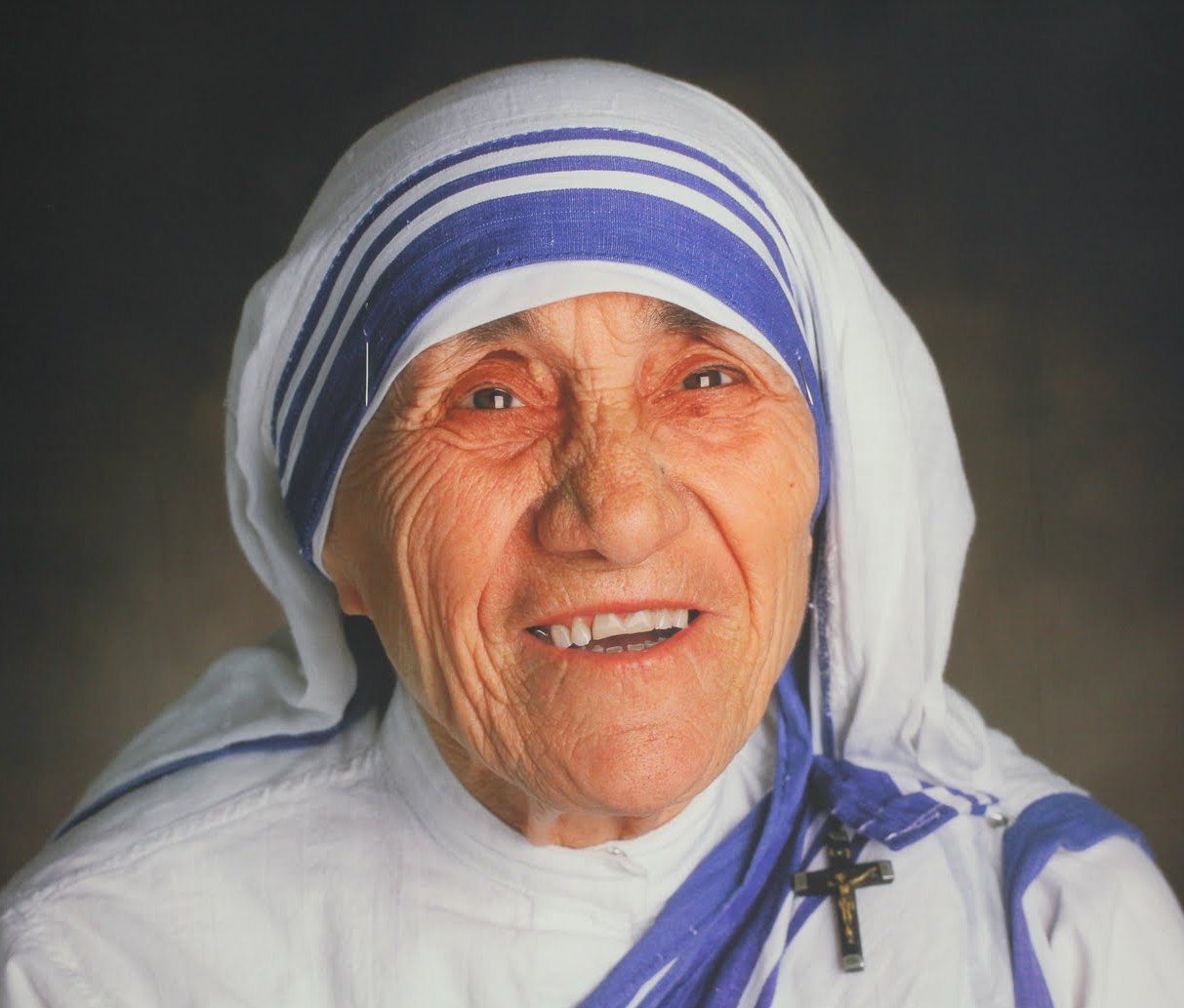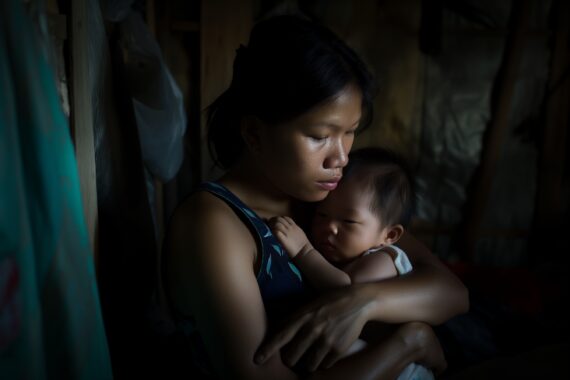By Krisanne Vaillancourt Murphy
Roman Catholics around the world have been marking a Jubilee Year of Mercy, declared by Pope Francis last December. Perhaps nobody embodied mercy better than Mother Teresa. So it’s fitting that she will be canonized by Pope Francis on Sept. 4.
Easily recognized by her blue and white sari and known for her humility and fierce defense of world’s most marginalized, Mother Teresa carried out most of her ministry with people who are outcast, suffering, and dying on the streets of India. Her ministry began in educating girls as a means to escape poverty. She later sensed “a call within a call” for her life and founded the Missionaries of Charity in 1950. Today, the Missionaries of Charity is a global organization of more than 4,000 sisters, serving the poorest and sickest people in the world with its hospices, orphanages, schools, and homes for victims of HIV/AIDS and leprosy.
In 1979, Mother Teresa was awarded the Nobel Peace Prize for assisting the poor people in Kolkata (formerly called Calcutta). She is considered one of the greatest humanitarians of the 20th century and died in 1997 at the age of 87. Pope John Paul II beatified her in 2003, and in 2015, Pope Francis recognized the second miracle attributed to her, clearing the path to her canonization this week.
Her life, however, was not without controversy or personal suffering. Her critics argue that she failed to address the systems or root causes of the people she served. Mother Teresa herself admitted to experiencing a darkness – feeling abandoned by God. Yet her lasting legacy is that she never turned away from people who suffered but embraced them. A model for Catholics and non-Catholics alike, Mother Teresa remained faithful in her devotion to God and to people who are poor despite her spiritual doubts.
She was a saint among us whose life offered a profound alignment with the dignity of every person, especially the most vulnerable and often forgotten people on the planet. We at Bread for the World, as an organization rooted in the biblical principle of mercy, give thanks to God for her life, ministry, and acts of mercy as her church elevates her to sainthood.
Krisanne Vaillancourt Murphy is senior national associate for national Catholic engagement at Bread for the World.



